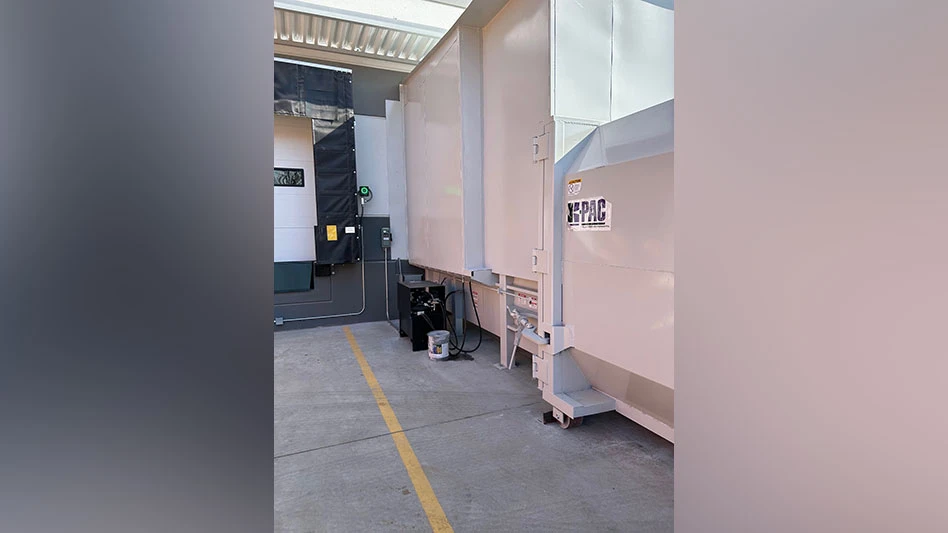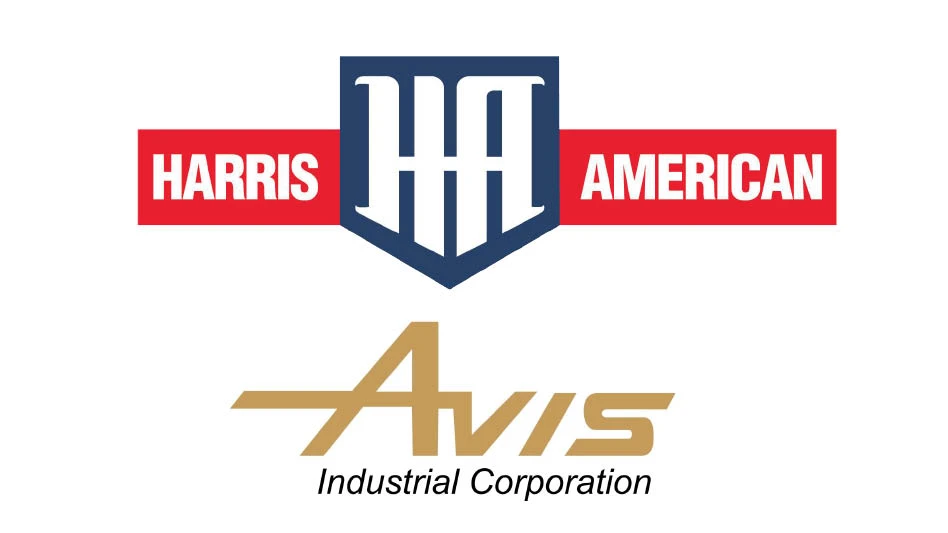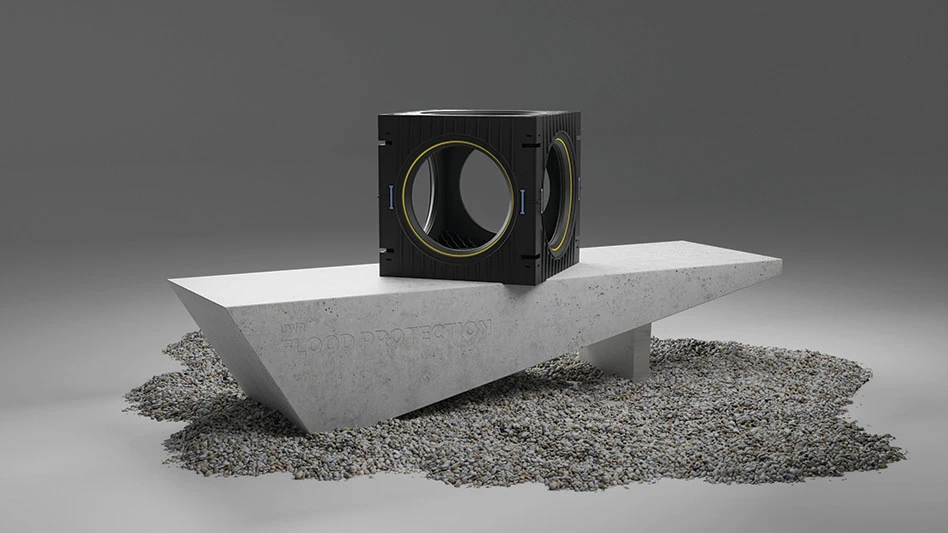
Pavel | stock.adobe.com
Michigan’s Kent County Board of Public Works has decided to maintain disposal fees at all Kent County Department of Public Works (DPW) facilities for the coming year in an Oct. 6 meeting. The disposal fees, or tipping fees, apply to all haulers delivering material to the Recycling and Education Center in Grand Rapids, the Covanta-operated and county-owned Kent County Waste-to-Energy Facility in Grand Rapids, South Kent Landfill in Byron Center and North Kent Transfer Station in Rockford. Residential recycling drop-off remains free for all Kent County residents.
“The Kent County Department of Public Works has worked strategically to keep costs low, including cutting expenses and maximizing revenues,” says Dar Baas, Kent County DPW director, in a news release about the fees. “After a couple years of increasing our disposal fees to compensate for lower recycling commodity prices, capital improvements at the waste-to-energy facility and the general increase in costs to run our facilities, we are able to keep our rates where they are and still provide the services our community expects.”
Haulers pay by the ton to deliver material to a Kent County DPW facility. The rate at South Kent Landfill and North Kent Transfer Station will remain $46.10 per ton for general refuse in 2023. The waste-to-energy facility tipping fee will remain at $74 per ton, and the fee for haulers delivering recycling to the Recycling and Education Center will remain at $70 per ton for Kent County loads and $75 per ton for non-Kent County loads. All solid waste disposal rates are available on the Kent County DPW website at www.reimagintrash.org.
Kent County DPW also charges $1.68 per ton for landfill and waste-to-energy waste to fund the monitoring and treatment of closed landfills in Kent County. Recently, the surcharge helped to fund on-site per- and polyfluoroalkyl substances (PFAS) treatment equipment at the closed North Kent Landfill.
“The board of Public Works is committed to evaluating and making decisions on disposal fees that keep our facilities and services running today and into the future,” says Emily Breve, chair of the Kent County board of Public Works. “We believe keeping the tipping fees the same for next year provides consistency and stability for waste haulers and the customers they serve, who are constantly adjusting to increases in fuel costs and staffing.”
In the coming year, the Kent County DPW says it plans to seek approval for the first phase of a Sustainable Business Park, which includes a mixed-waste processor that will be able to divert up to 60 percent of municipal solid waste currently disposed of in a landfill. If approved, the mixed-waste processor, Kent County BioEnergy Facility LLC, could be up and running by 2026, the DPW says.
The South Kent Landfill is projected to reach capacity and close in 2029, prompting the need to find a solution to divert waste or construct a new landfill. Kent County DPW says it is working toward a more integrated countywide waste solution that could lead to future changes in tipping fees.
Latest from Recycling Today
- Enfinite forms Hazardous & Specialty Waste Management Council
- Combined DRS, EPR legislation introduced in Rhode Island
- Eureka Recycling starts up newly upgraded MRF
- Reconomy Close the Gap campaign highlights need for circularity
- Nickel carbonate added to Aqua Metals’ portfolio
- EuRIC, FEAD say End-Of-Life Vehicle Regulation presents opportunity for recyclers
- Recyclers likely to feel effects of US-China trade war
- BCMRC 2025 session preview: Navigating battery recycling legislation and regulations





